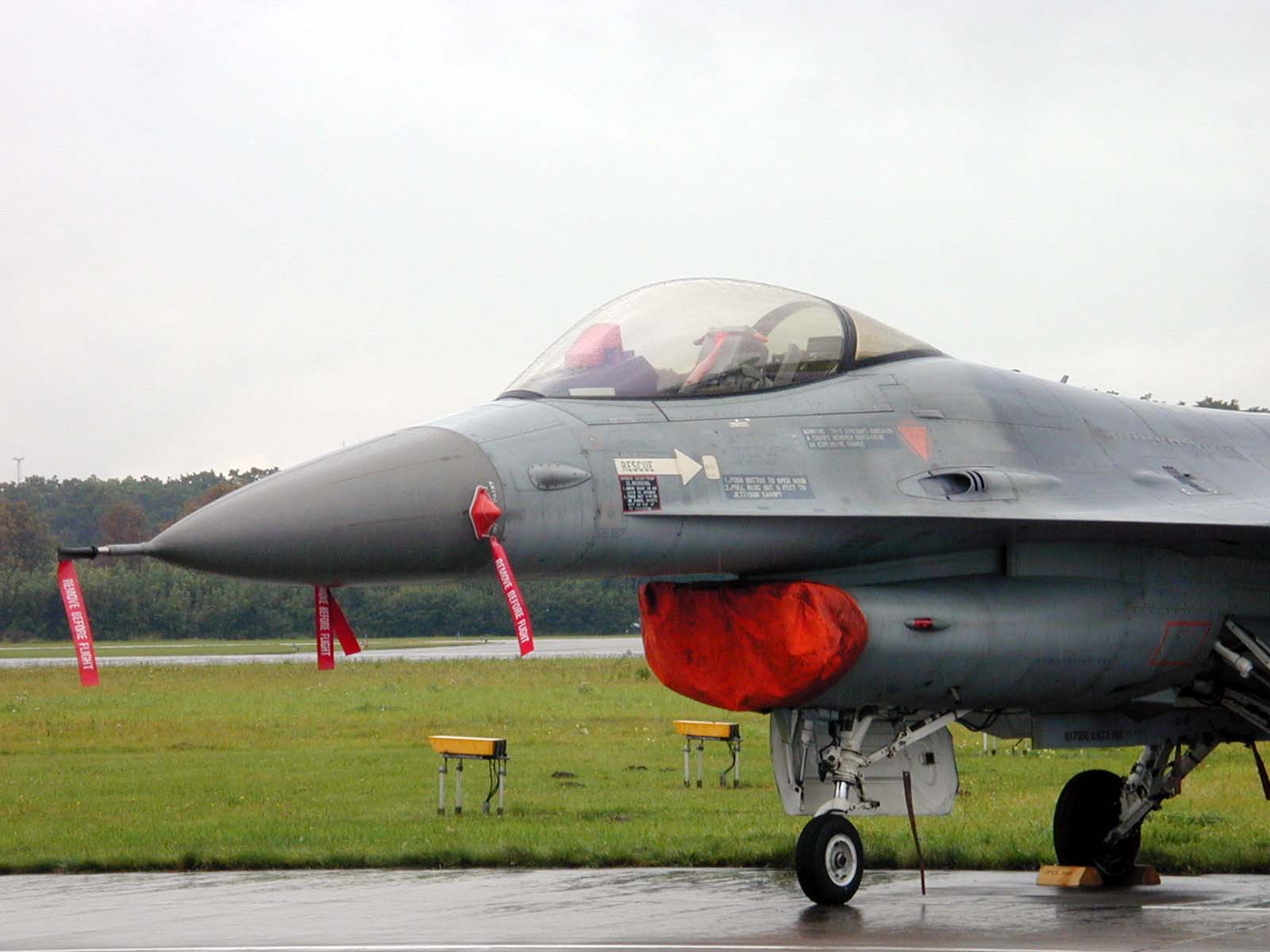The private jet trade has experienced vital growth over the previous few a long time, transforming the best way people and companies method journey. This case examine explores the evolution of private jets, their impression on the luxurious travel market, and the operational efficiencies they provide to businesses.
Historical Context
The concept of private air travel dates back to the early 20th century, however it wasn’t until the put up-World Conflict II era that private jets began to gain traction. The introduction of enterprise jets in the 1960s, such as the Learjet 23, marked a pivotal moment in aviation history. These aircraft supplied an alternate to industrial airways, allowing affluent individuals and corporate executives to journey on their schedule, with better comfort and privacy.
Market Growth
The private jet market has seen exponential growth in recent times. In line with the Nationwide Business Aviation Association (NBAA), the variety of business jets in operation has increased significantly, with estimates suggesting that there are over 22,000 business jets in the United States alone. This development could be attributed to a number of elements, together with globalization, the rise of the entrepreneurial class, and advancements in aviation know-how.
Luxury Journey Redefined
Private jets have grow to be synonymous with luxurious travel. Excessive-internet-worth individuals (HNWIs) and celebrities often select private aviation for its exclusivity and comfort. The interiors of fashionable jets are designed to supply a lavish experience, featuring spacious cabins, gourmet catering, and state-of-the-art entertainment programs. Companies like Gulfstream and Bombardier have set the standard for luxury, with models such because the Gulfstream G650 and Bombardier Global 7500 providing unparalleled consolation and efficiency.
Enterprise Efficiency
Past luxurious, private jets provide significant operational advantages for businesses. Time is a important resource for executives, and private aviation allows them to maximise productiveness. With the ability to fly directly to smaller airports, avoid long security strains, and customise flight schedules, companies can save useful time that can be redirected in the direction of strategic initiatives.
A research performed by the European Enterprise Aviation Affiliation (EBAA) revealed that business aviation users report increased ranges of productiveness and satisfaction in comparison with business journey. The power to carry meetings within the air, entry remote areas, and maintain confidentiality are all compelling causes for businesses to invest in private aviation.
The Economics of Private Jet Ownership
Whereas the benefits of private jet travel are clear, the economics of possession might be complex. The price of purchasing a private jet can range from just a few million dollars to over $80 million, depending on the mannequin and customization options. Moreover, ongoing bills comparable to upkeep, gasoline, insurance coverage, and crew salaries can add up quickly.
To mitigate these prices, many firms opt for fractional possession or jet card applications. If you cherished this post and you would like to acquire a lot more info pertaining to Private airline price kindly visit our web-page. Fractional ownership permits a number of events to share the prices and utilization of a single aircraft, making private aviation extra accessible. Jet card programs supply a pay-as-you-go model, offering flexibility with out the long-term commitment of ownership.
Environmental Considerations
As the private jet business continues to develop, so do considerations about its environmental impact. Aviation is a big contributor to greenhouse fuel emissions, and private jets are sometimes criticized for his or her carbon footprint. In response, the trade is taking steps to address sustainability.
Many private jet companies are investing in more gasoline-environment friendly aircraft and exploring different fuels, including sustainable aviation fuel (SAF). Additionally, organizations like the Air Charter Affiliation are promoting carbon offset programs, permitting travelers to compensate for their emissions by investing in environmental projects.
The way forward for Private Aviation
Wanting ahead, the private jet industry is poised for further innovation and growth. The arrival of electric and hybrid aircraft might revolutionize the market, reducing environmental influence and working costs. Firms like Joby Aviation and Archer are creating electric vertical takeoff and touchdown (eVTOL) aircraft, which can redefine city air mobility and provide new journey options for short distances.
Moreover, advancements in know-how are enhancing the overall journey experience. In-flight connectivity is becoming normal, allowing passengers to work, communicate, and stay entertained whereas in the air. Virtual actuality, artificial intelligence, and other emerging applied sciences are additionally anticipated to play a big position in shaping the future of private aviation.
Conclusion
The rise of private jets has transformed the panorama of air travel, offering unparalleled luxury and effectivity for both people and companies. Whereas the costs related to private aviation can be substantial, the benefits usually outweigh the drawbacks, significantly for those who worth time and comfort. Because the business evolves, it should additionally handle environmental concerns and embrace sustainability to make sure its future viability. The private jet sector is not just a logo of wealth; it represents a shift towards a extra efficient and personalised journey expertise that meets the demands of a rapidly altering world.




